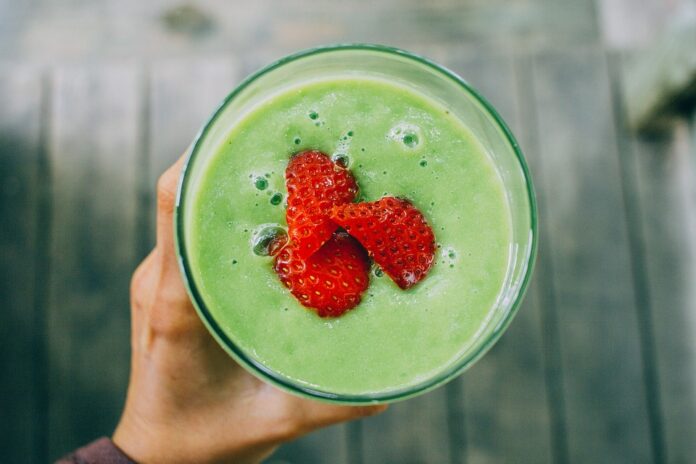Introduction
Beverage formulators play a crucial role in ensuring that the flavors in their products remain stable over time. Flavor stability testing is a critical step in the development process to guarantee that the final product maintains its desired taste profile throughout its shelf life. In this report, we will explore how beverage formulators test for flavor stability after blending, the methods they use, and the importance of this process in the beverage industry.
Methods of Flavor Stability Testing
Sensory Evaluation
One of the most common methods used by beverage formulators to test flavor stability is sensory evaluation. This involves trained panelists tasting the product at regular intervals to assess any changes in flavor. Panelists evaluate factors such as aroma, taste, mouthfeel, and overall quality to determine if the product’s flavor has remained consistent over time.
Accelerated Aging Studies
Another method used for flavor stability testing is accelerated aging studies. In this process, the product is subjected to conditions that mimic the effects of time, such as increased temperature and exposure to light. By monitoring the product under these accelerated conditions, formulators can predict how the flavor will change over an extended period.
Chemical Analysis
Chemical analysis is another tool used by beverage formulators to test for flavor stability. This method involves analyzing the chemical composition of the product to identify any changes that may affect the flavor. By measuring parameters such as pH, acidity, and volatile compounds, formulators can assess the product’s stability and make adjustments as needed.
Importance of Flavor Stability Testing
Flavor stability testing is essential for beverage formulators for several reasons. First and foremost, consumers expect consistency in the taste of their favorite beverages. By ensuring flavor stability, formulators can maintain the trust of their customers and build brand loyalty. Additionally, flavor stability testing helps formulators identify any potential issues early on in the development process, allowing them to make necessary adjustments before the product reaches the market.
Industry Insights
The beverage industry is highly competitive, with new products constantly entering the market. Flavor stability testing is a key differentiator for companies looking to stand out from the competition. By investing in robust flavor stability testing methods, companies can demonstrate their commitment to quality and innovation, ultimately driving consumer preference and loyalty.
Financial Data
The cost of flavor stability testing can vary depending on the methods used and the size of the operation. Larger companies may have dedicated sensory evaluation panels and analytical laboratories, which can represent a significant financial investment. However, the cost of not conducting flavor stability testing can be even greater, as product recalls and negative consumer feedback can have a detrimental impact on a company’s bottom line.
Actual Companies
Several companies in the beverage industry are known for their commitment to flavor stability testing. For example, Coca-Cola has a dedicated sensory evaluation team that conducts regular taste tests to ensure the consistency of its products. Similarly, PepsiCo invests in accelerated aging studies to assess the flavor stability of its beverages over time. These companies understand the importance of flavor stability testing in maintaining their market position and reputation.
In conclusion, flavor stability testing is a critical process for beverage formulators to ensure the quality and consistency of their products. By using methods such as sensory evaluation, accelerated aging studies, and chemical analysis, formulators can identify any changes in flavor and make necessary adjustments to maintain product integrity. The investment in flavor stability testing can ultimately lead to increased consumer trust, brand loyalty, and competitive advantage in the beverage industry.


